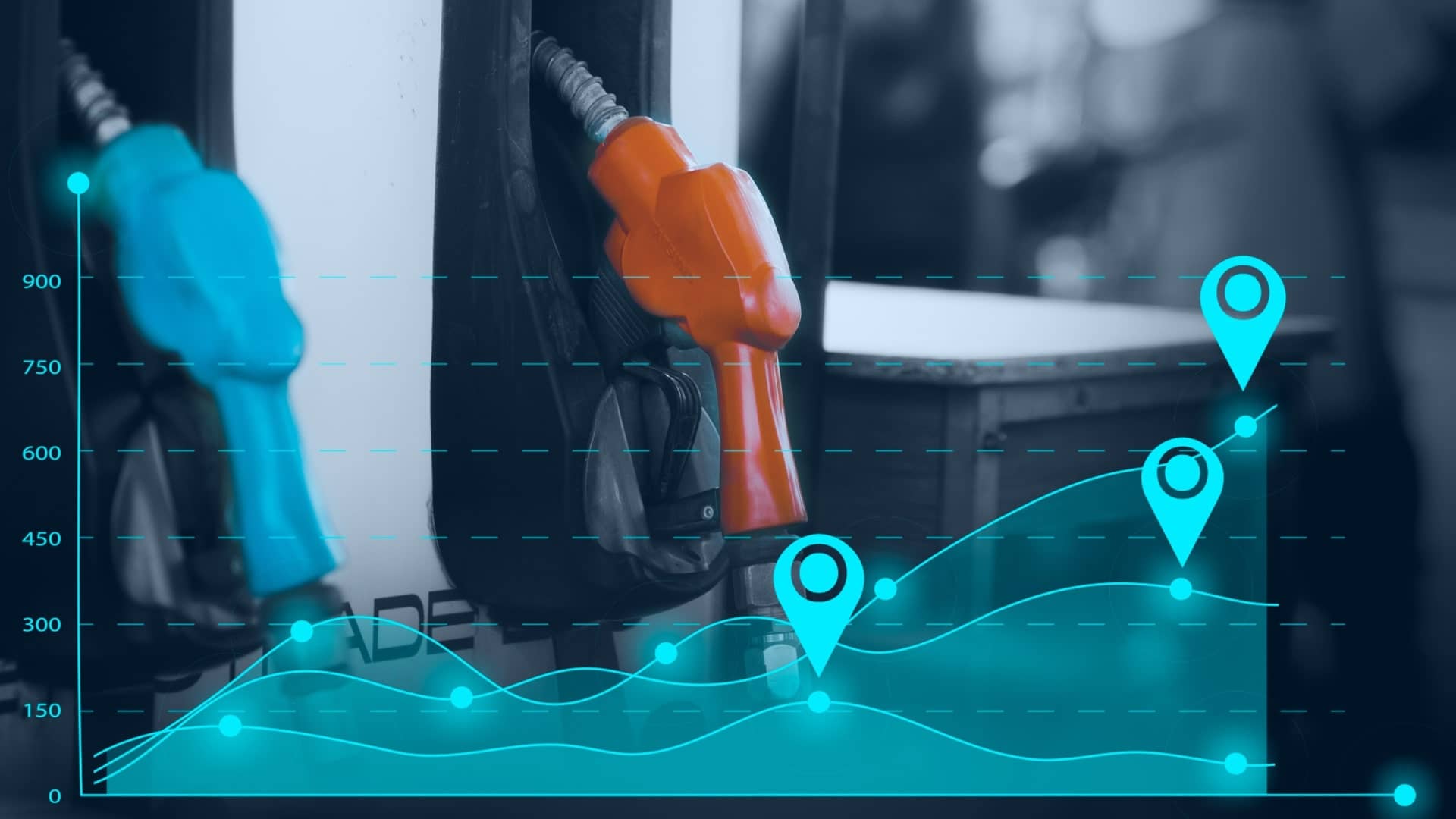In the fast-paced world of modern transportation, managing a fleet efficiently is essential for both economic and environmental sustainability. One crucial aspect that plays a pivotal role in achieving sustainability goals is effective fuel management. Fuel tracking software emerges as a powerful tool in this endeavor, enabling businesses to monitor and optimize their fuel consumption while contributing to a greener planet.
Understanding Fuel Tracking Software:
Fuel tracking software is a comprehensive solution designed to streamline the monitoring and management of fuel-related activities within a fleet. This innovative tool offers real-time insights into fuel usage, helping businesses identify areas for improvement and implement strategies to enhance fuel efficiency.
The Role of Fuel Tracking Software in Sustainable Fleet Management:
Optimizing Fuel Consumption
By leveraging advanced analytics, fuel tracking software provides valuable data on fuel consumption patterns. Fleet managers can use this information to identify inefficient practices, such as excessive idling or suboptimal route planning, and implement corrective measures. This optimization not only reduces fuel costs but also minimizes the carbon footprint of the fleet.
Preventing Fuel Theft
Fuel theft is a significant concern for fleet managers, leading to financial losses and environmental impact. Fuel tracking software integrates with vehicle sensors and GPS technology to detect anomalies in fuel levels, helping businesses identify and prevent unauthorized fuel siphoning. This proactive approach safeguards both financial resources and the environment.
Monitoring Vehicle Health
A well-maintained vehicle operates more efficiently and consumes less fuel. Fuel tracking software can integrate with vehicle diagnostics systems to monitor the health of each vehicle in the fleet. Timely maintenance alerts enable proactive servicing, ensuring that vehicles are in optimal condition and contributing to sustainable fuel usage.
Encouraging Driver Accountability
Implementing software fosters a culture of accountability among drivers. Real-time feedback on fuel consumption and driving behaviors empowers drivers to adopt fuel-efficient practices. This not only reduces fuel costs but also aligns the entire team with the organization’s sustainability goals.
Benefits:
- Cost Savings: Efficient fuel management leads to significant cost savings. By optimizing routes, reducing idling time, and preventing fuel theft, businesses can enjoy a substantial decrease in fuel expenses, contributing to overall financial sustainability.
- Environmental Impact: Sustainable fleet management is closely tied to environmental responsibility. By using fuel tracking software to minimize fuel consumption and emissions, businesses play a crucial role in reducing their carbon footprint and supporting a healthier planet.
- Compliance with Regulations: The software assists fleet managers in adhering to environmental regulations and standards. By staying compliant, businesses not only avoid potential fines but also contribute to a cleaner environment by adopting best practices in fuel management.
How to Choose the Right Fuel Tracking Software
Selecting the right fuel tracking software is a crucial decision for businesses in logistics, transportation, and other sectors where fuel management plays a significant role. This software not only helps in monitoring fuel usage but also in optimizing fuel consumption, reducing costs, and enhancing operational efficiency. In this blog, we will guide you through the essential steps to choose the ideal fuel tracking software, with a special focus on “Fuel Tracking Software”.
Understand Your Requirements
First and foremost, it’s vital to understand your specific needs. Ask yourself what you expect from the fuel tracking software. Are you looking to monitor fuel consumption, manage expenses, or both? Do you need real-time tracking capabilities? Understanding your primary needs will help you narrow down the options.
Look for User-Friendly Interfaces
Ease of use is key. The best fuel tracking software should have a user-friendly interface. It’s important that your team can navigate and utilize the software efficiently without a steep learning curve. Software that is intuitive and straightforward saves time and reduces the likelihood of errors.
Ensure Compatibility with Your Systems
Next, check for compatibility. The software should seamlessly integrate with your existing systems. Whether it’s your fleet management system, accounting software, or any other operational tools, compatibility ensures smooth and efficient workflow.
Evaluate Reporting and Analytics Features
The heart of effective software lies in its reporting and analytics capabilities. Look for software that offers comprehensive and customizable reports. These reports should give you insights into fuel usage patterns, cost analysis, and potential areas for efficiency improvements.
Assess Real-Time Tracking Abilities
In today’s fast-paced environment, real-time tracking is a game-changer. Opt for fuel tracking software that provides real-time data. This feature allows for prompt decision-making and immediate action in case of any discrepancies or unusual patterns in fuel usage.
Check for Scalability
Consider the future growth of your business. The software should be scalable. As your business expands, your software should be capable of handling increased data and additional features without compromising performance.
Prioritize Security
Security is paramount. Ensure that the fuel tracking software has robust security measures in place to protect your data. Look for features like data encryption, secure login processes, and regular security updates.
Read Customer Reviews and Testimonials
Lastly, don’t overlook the power of customer feedback. Read reviews and testimonials to understand the software’s performance and reliability from a user’s perspective. This can provide valuable insights that are not always apparent from the product
Conclusion
Fuel tracking software emerges as a vital tool for businesses committed to sustainable fleet management. By optimizing fuel consumption, preventing theft, monitoring vehicle health, and encouraging driver accountability, this innovative technology not only contributes to cost savings but also plays a pivotal role in environmental conservation. As businesses continue to prioritize sustainability, integrating fuel tracking software into their fleet management strategy becomes an essential step toward a greener and more efficient future.



